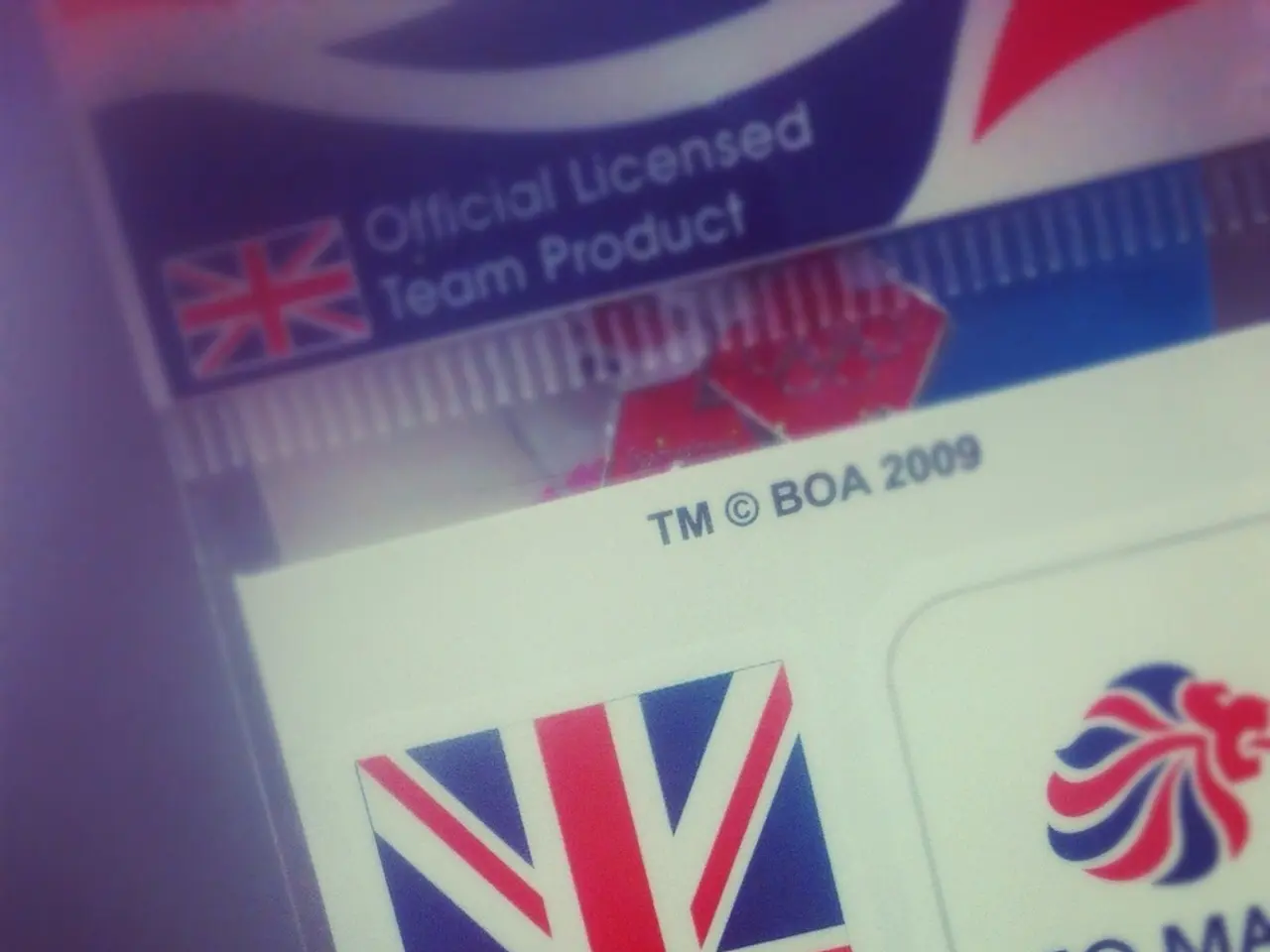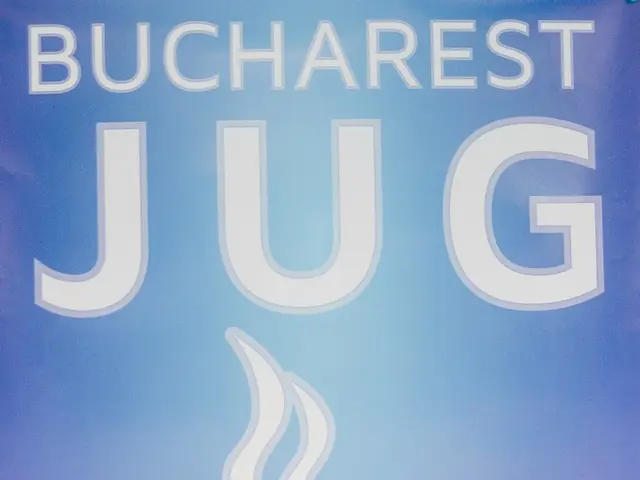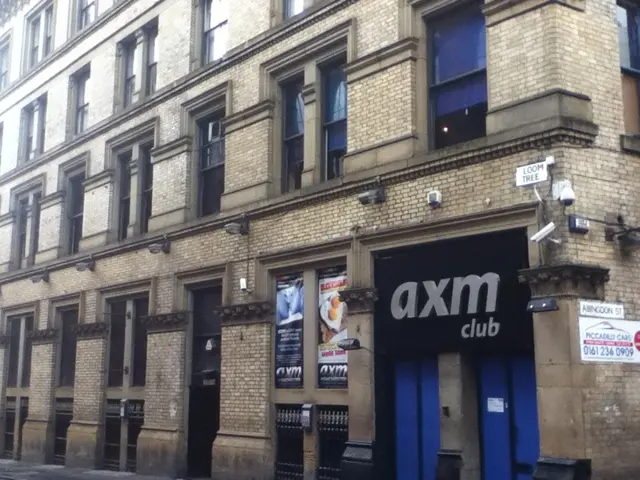Overhaul urged for United Kingdom's £134 billion class action system by International Energy Agency
The Institute of Economic Affairs (IEA), a British right-wing, libertarian think-tank, has published a report cautioning against collective proceedings before the Competition Appeal Tribunal (CAT). The report, authored by Stephen Dnes, estimates these proceedings to be worth a staggering GBP 134 billion and involve a claimant pool of 655 million consumers.
The report raises concerns about the potential issues with collective proceedings, particularly the proliferation of speculative claims. Dnes speculates that such claims could deter investment, especially against hardcore cartels, as only 1.7% of the market has settled in the McLaren cartel litigation.
One solution proposed in the report is to avoid "de facto rate-of-return regulation" in funding agreements, encouraging competition among funders and "competing for claims" on behalf of consumers, thereby promoting efficiency and weeding out weak cases.
However, the report also highlights the potential costs of class actions. An analysis by the European Centre for International Political Economy estimates that UK class action litigation might cost as much as GBP 18 billion. The IEA argues that these costs could undermine consumer confidence and economic growth.
The report is critical of the role of third-party litigation funders, stating that funding structures are uneasily aligned with the opt-out regime. The IEA proposes that funders should make an early payment to a portion of the class before a Collective Proceedings Order is granted. This early payment would disproportionately increase costs for weak cases, thereby encouraging more robust claims.
The IEA also suggests creating a market for claims by establishing a public valuation through an early payout. This approach could potentially reduce the complexity of funding structures, which has increased due to the UK Supreme Court's 2023 decision in PACCAR.
The report is not without praise for the opt-out system, now marking its 10th anniversary. However, it criticizes some cases under the Consumer Rights Act 2015 for straying from true cases of economic harm, increasing costs and potentially harming innovation.
The report points to high-profile examples where outcomes have fallen far short of headline claims, such as the Merricks v Mastercard case, which settled for GBP 200 million, less than 2% of the originally sought amount. The IEA is also critical of "adventuresome" claims against companies like Facebook, Amazon, and the rail industry's ticketing practices.
The report is not without controversy. In another case, Le Patourel v BT, the tribunal found no consumer harm after significant resources had already been spent. The CAT ultimately rejected a proposal that would have reduced payments to consumers to just 48 pence each in the Merricks case, but the episode is seen as illustrating systemic flaws.
The IEA proposes sharper economic analysis at the certification stage to identify claims that truly enhance economic efficiency. This approach could potentially reduce the number of speculative claims and the associated costs, while ensuring that genuine cases of consumer harm are addressed effectively.
Read also:
- A Business Model Explained: Its Purpose and Benefits for Your Venture
- Trump administration faces lawsuit by Denmark's Ørsted over halted wind farm project
- U.S. takes a pledge of $75 million to foster Ukrainian resources development
- Deep-rooted reinforcement of Walkerhughes' acquisitions through strategic appointment of Alison Heitzman






